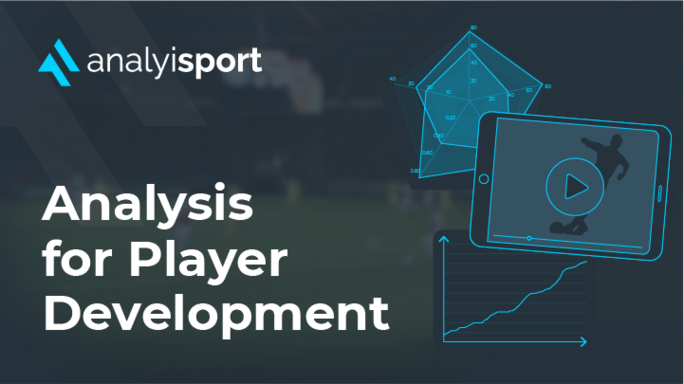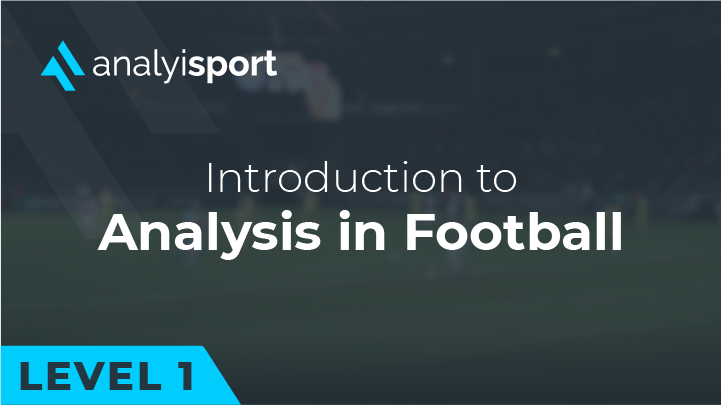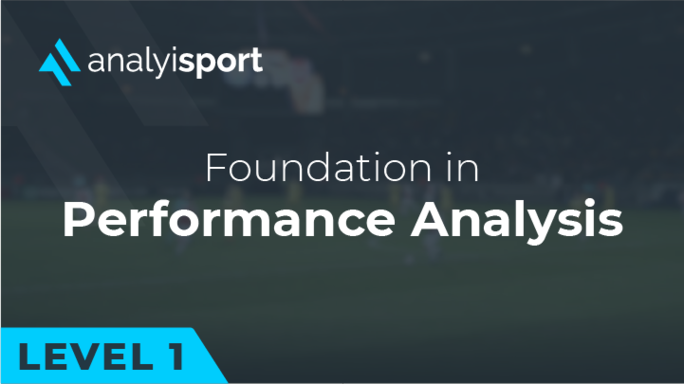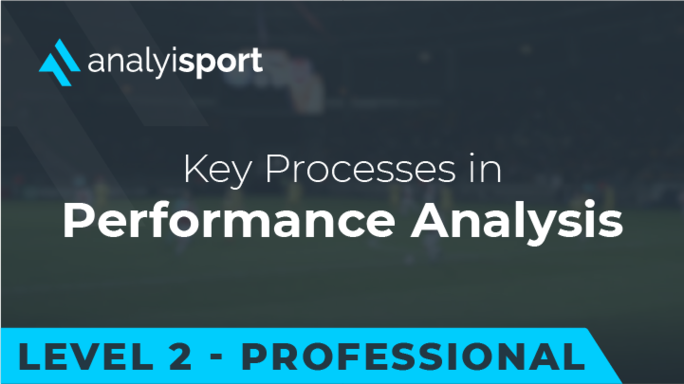I Have a Background in Football: How Do I Get Into Analysis?
I Have a Background in Football: How Do I Get Into Analysis?
From academy level to the first team, data and video analysis has become a big part of the work done at football clubs. Performance analysts are helping coaches get the best out of players. Opposition analysts are helping managers to prepare the team for matches. Recruitment analysts are helping their teams make better signings.
If you want to work in football after being a player, knowing about data and video analysis will give you a big advantage. If you’re already a coach or a scout, then learning about analysis will be an important addition to your skillset. Data is transforming football and you’ll be at the forefront of the change.
Why Become a Football Analyst
Data and performance analysis is rapidly growing in football. The top clubs are expanding their analysis departments and clubs in lower leagues are hiring analysts for the first time. If you’re looking to work in the game, it’s a field with a lot of opportunities.
You might need to learn some new skills, such as learning how to use video analysis software, create databases and develop metrics, but if you’ve already worked in football then you’ve got a strong foundation to build on.
For Matteo Camoni, match analyst at Palermo, it’s not a problem if you don’t know programming languages such as Python and SQL that are often used in data analysis. “It’s much more important to understand the game,” he told us when he spoke at our webinar series.
A big part of being a good analyst is knowing about football. If you can understand how a tactic is supposed to work, or you know what to look for when assessing why a player’s performance levels have changed, then you’ve already got some of the most important skills you need to be an analyst.
Analysts need to be able to share their insights with others at the club, explaining what the data and video analysis means. Having experience of working in football also means that you’ll be able to share your ideas with coaches, scouts and players. You’ll be familiar with the way they talk about football and how they see the game.
How Data Could Help Make You a Better Coach or Manager
Coaching and analysis aren’t in competition with each other. Knowing about analysis will make you a better coach and vice versa.
“I’d absolutely recommend coaching badges and experience. It really does help you with analysis,” Paul Golah, who’s worked as both a coach and an analyst, told us. “The experience I had as a coach really helped me in terms of understanding the coach’s mindset. I could create analysis and reports the coaches could relate to.”
If you’re a coach, having an understanding of data will help you to make the most of the reports you receive from the club’s analysts. You might even be working at a club that is yet to hire any analysts, in which case you’ll be able to do some analysis yourself to help your players develop and improve.
Danny Barham, who has worked as both a coach and an analyst for Birmingham City, told us, “You’ve got to try to future proof yourself. If I’m highly skilled in coaching and analysis, I’m more favourable than someone who’s only skilled in one.”
If you’ve worked in football, you’ll know that things can change quickly at a club. It’s essential to be flexible and give yourself the best chance of finding work. Being able to do both coaching and analysis will make you much more employable.
Why Learn Analysis if You Want to Be a Scout
Scouting is another area that is undergoing significant changes. Traditionally, scouts travelled around to watch games and used their experience of football and their intuition to judge which players would make a good signing. Data and video analysis is transforming the process.
Many signings are now first discovered by analysts using databases to find suitable players and are assessed by scouts watching video clips.
If you’re thinking about going into scouting, it’s worth considering becoming a recruitment analyst or video scout. You can often do this work remotely, meaning that you don’t have to keep moving around and can even work for clubs in other countries. This gives you a far broader range of employment options.
And if you’re already a scout, then a knowledge of analysis will help you work more effectively with your recruitment analyst colleagues. You’ll be able to discuss what the data shows and work together to identify the most suitable players for your club.
Where to Learn About Analysis
Before you start applying for analyst jobs, it’s important to learn the basic data and video analysis skills you’ll need. It’s not just about being able to use the software, you’ll also need the ability to understand what the statistics mean.
You have several options about where you can learn more.
You can do a degree in sports performance analysis. Several universities now offer courses in this subject and you can learn from academics who are experts in the field. You’ll develop the skills you need, though it will take three years and is an expensive option.
Alternatively, you can pick up tips from analysts. Many analysts on social media sites such as Twitter are happy to share their insights and some have written articles and blog posts about how to do analysis. You might also know analysts from working in football who you can speak to about the job. In general, analysts are keen to share their knowledge and support anyone interested in learning more about what they do.
There are also online courses available, such as those available from AnalyiSport, which have been created by analysts who have worked in the professional game. These courses have the added benefit of providing you with a qualification you can put on your CV.
The Route from Player to Analyst
Most modern players, even if they only made it to academy level, have experienced data and video analysis being used in training sessions and match preparation. They’re now building on that experience when they start their post-playing careers.
Burnley manager Vincent Kompany is one example. “He’d always come in, looking at clips, asking questions,” says Richard Bredice, who worked in the Man City analysis department. “Vincent was massively into his analysis.” Now Kompany is making analysis a key part of how he coaches.
A former player who has embraced analysis is Leanne Champ. The former England international is now working as a coach and opposition analyst at WSL champions Chelsea. “Doing the opposition [analysis] side of it has certainly helped with my coaching,” she has said.
Although the number of players becoming analysts is still small, it’s sure to grow. Just as players absorb ideas about coaching which they take with them into their coaching career, they are also now learning about data and video analysis. It’s a key part of how they approach the sport. If you’re currently working in football, learning how to use data and video is a great way to further your career.
Related Courses:
Share this article
Our Learning Pathways
AnalyiSport is for everyone who is passionate about analysis in football. Where are you in your development journey?
Become a Football Scout
As more clubs than ever look to build data into their recruitment process, an understanding of recruitment analysis is your ticket to success in the game.
Related Articles
Our team provides news and insights from the cutting edge of football analysis.







